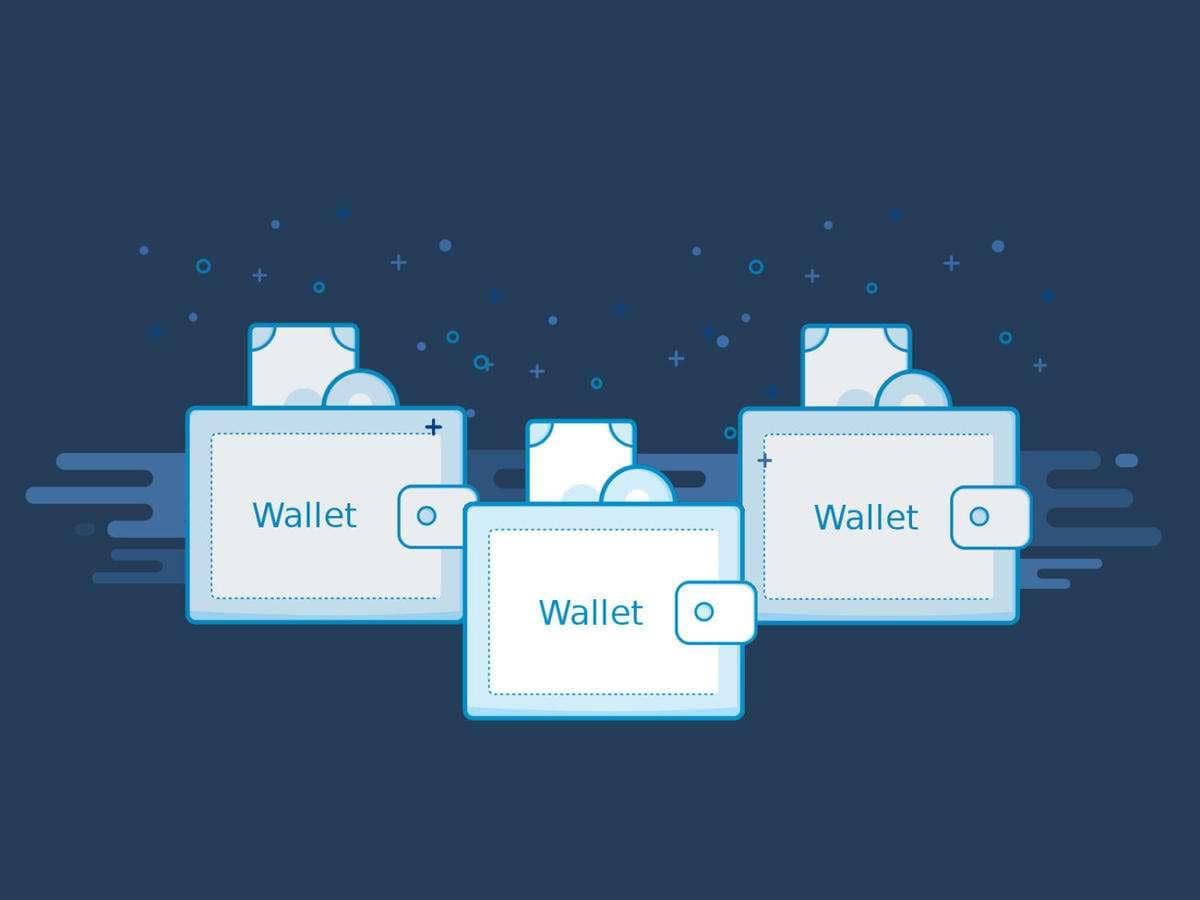Content
- Reinventing Business Intelligence: 10 Ways Big Data Is Changing Business
- Top 10 buy-now-pay-later (BNPL) providers around the world
- Big Data: how banks can leverage it to create a better customer experience
- Data Privacy and Security
- TeamViewer Alternatives: 7 Programs to Access Desktop Remotely
- Cost
- Why does Fintech need Big data?
In today’s technology-driven world, the quality of service, in turn, depends on Big data and its analysis. Without information about customers, companies can’t guess what they require. Big data helps FinTech companies not only foresee, but also stay ahead of customer expectations. This is possible thanks to Big data collected from multiple channels, such as mobile apps, websites, social media, and smart devices. As for Big data in Fintech, in addition to consumer behavior projection, it is being used for sophisticated risk evaluation, making more precise decisions, and offering a more personalized customer experience.
Cloud computing allows businesses to store and analyze large amounts of data in the cloud, saving them a lot of money on hardware and software costs. On the one hand, big data can be leveraged to gain otherwise unavailable insights, helping organizations make more informed decisions and improve their overall performance. On the other hand, dealing with such large and complex datasets can be daunting and requires a significant investment of both time and resources. What is vital for the sector is to understand the technological benchmarks set internally and where they should be to make big data analytics work for them.
Reinventing Business Intelligence: 10 Ways Big Data Is Changing Business
The use of IMC’s in-memory computing platform and grid computing by Visa in 2011 gave the company a competitive edge in monitoring credit card fraud. Only 2% of transactions were monitored in the past, but now 16 different fraud models are monitored, each targeting diverse geography and market. Using IMC of complex real-time data, i.e., web, call center, and social media data, Garanti Bank, Turkey’s 2nd most profitable bank, reduced costs and improved performance with Big Data analytics. With the increase in digital transactions, there has also been an increase in the number of fraud cases.
- The cloud is gradually gaining popularity because it supports your current compute requirements and enables you to spin up resources as needed.
- Hadoop (an open-source framework created specifically to store and analyze big data sets) was developed that same year.
- Large companies are embracing these technologies to execute digital transformation, meet consumer demand, and bolster profit and loss.
- With this AI-powered solution, lenders gain better insights into ecosystem risks while delivering better service to new and existing customers.
- By sharing customer data with authorised third-party providers, companies can better understand their customers and their spending habits.
- It’s worth noting that we use the phrase “mitigate risk” because unfortunately, it’s not possible to completely eliminate all risks.
- This includes everything from the hardware and software needed to store and process large amounts of data to the personnel required to manage and interpret it.
Recent technological breakthroughs have exponentially reduced the cost of data storage and compute, making it easier and less expensive to store more data than ever before. With an increased volume of big data now cheaper and more accessible, you can make more accurate and precise business decisions. In the education sector, Big Data can identify and importance of big data improve teaching strategies to help students succeed academically. Big Data might also be used to measure teacher performance and ensure a positive learning experience for students. Teachers can be measured based on a range of variables such as subject matter expertise, student engagement, student performance, classroom demographics, and more.
Top 10 buy-now-pay-later (BNPL) providers around the world
In Robo-advisory, personalization of data, fraud detection, extra security, investments, and stock market transactions or forecasting. Software robots can serve as financial advisors with the ability to track investment values, assess an investor’s portfolio, facilitate access to the stock market, and minimize the risk of investing. Jennifer Dublino is a prolific researcher, writer, and editor, specializing in topical, engaging, and informative content.
Big Data creates similar opportunities across every content type, including written, audio, and video. The healthcare system has also long been plagued by failures in putting data to good use, as electronic data is often unavailable, inadequate, or unusable. Privacy laws like HIPAA and outdated systems have made it difficult to connect disparate data sources that can reveal useful patterns and trends in the medical field.
Big Data: how banks can leverage it to create a better customer experience
Consequently, there will be more demand for FinTech companies, which, in turn, will continue to invest in data science teams to dedicate themselves to collecting and processing data. At the same time, it’s important for analysts and data scientists to work closely with the business to understand key business knowledge gaps and requirements. To accommodate the interactive exploration of data and the experimentation of statistical algorithms, you need high-performance work areas. Be sure that sandbox environments have the support they need—and are properly governed.

In addition to the information garnered from computers and mobile devices, big data includes data from networks, sensors, cloud systems and smart devices to spot potential problems. Imagine a customer experiences a problem after a purchase and they call the business. Real-time big data analysis of the customer’s account and their company website visits can predict one or two issues that may require assistance. A voice prompt could even ask the customer if they were experiencing a particular issue and provide automated help. In order to effectively understand and reach customers, it is important to segment them into categories based on their likes, dislikes, needs, socio-economic status, etc.
Data Privacy and Security
On the other hand, this data is often sensitive in nature and subject to strict regulations. The ability to analyze diverse sets of data offered by these and other platforms has forever changed how the financial industry operates. Innovative organizations are better equipped to make informed decisions that foster growth while providing customers with customized solutions designed to secure their financial standing today and tomorrow. Cybersecurity is another very important area where big data can be particularly valuable.

It’s a universal truth that people tend to go for services that meet their needs. Placing ourselves in the place of a client, we know that generic and non-specific https://xcritical.com/ services and products fall short. According to State of the Connected Customer research, 66% of clients would like companies to understand and meet their needs.
TeamViewer Alternatives: 7 Programs to Access Desktop Remotely
Big data, by contrast, captures minute customer actions, allowing businesses to create more targeted marketing campaigns. Big data analysis may not always be perfect, but it is highly accurate. This high accuracy allows companies to target marketing to perceived customer needs. It’s important to look at the 7 top big data use cases in financial services to understand the specific impacts of these technological changes on the banking world. And aside from these big data use cases, the financial sector has reaped other rewards from advancements in data science that may not be immediately obvious. FinTech Magazine and its entire portfolio is now an established and trusted voice on all things FinTech, engaging with a highly targeted audience of 113,000 global executives.
Cost
Code 9 is widely recognized as a successful case of utilizing big data in the industry. However, when it comes to the FinTech industry, concerns about data privacy serve as a constraint. It’s worth noting that we use the phrase “mitigate risk” because unfortunately, it’s not possible to completely eliminate all risks. But not everything is as dazzling as we would like it to be, and the FinTech industry still struggles with some Big data-related barriers. Digitalized simplification of finances is today’s preferred way of doing things. If your app doesn’t live up to its claims or isn’t as intuitive as it expected, it will hurt both customer experience and trust.